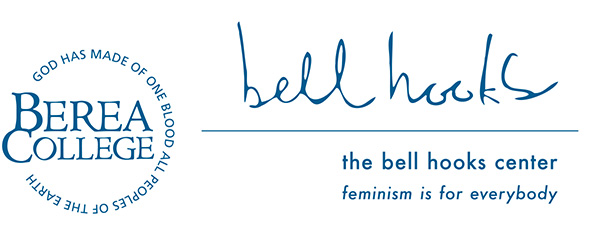
Our center’s namesake, bell hooks, transitioned early on Wednesday, December 15, 2021, at her Berea, KY home. bell, born Gloria Jean Watkins in Hopkinsville, grew up with love for books and writing. A globally renowned cultural critic, feminist, and intellectual dissident, her work imagined radical ways of being in the world. It encouraged love of self and community while calling us into liberatory practices that daringly reshape feminism as an embodied challenge to intersecting structures of oppression.
As a distinguished professor in residence at Berea College, bell often spent time with and mentored students. She founded the bell hooks Institute to foster additional feminist programming in Berea and worked closely with Dr. M. Shadee Malaklou to establish the bell hooks center as a testament to her legacy.
We mourn in beloved community and further commit to her work by daring to create lives of political and spiritual liberation through healing, radical joy, and redemptive love, which bell believed was our “true destiny.”
In redemptive love,
Your friendly feminists at the bell hooks center
The bell hooks center is an inclusive space where historically underrepresented students can come to be as they are, outside of the social scripts that circumscribe their living. We curate programs, collaborations and events that affirm these students’ sense of self and belonging—on campus and in the world. Our work is motivated by bell hooks’ famous insights that “patriarchy has no gender” and that, therefore, “feminism is for everybody.”
Learn more about the bell hooks center
Learn more about the faculty and staff
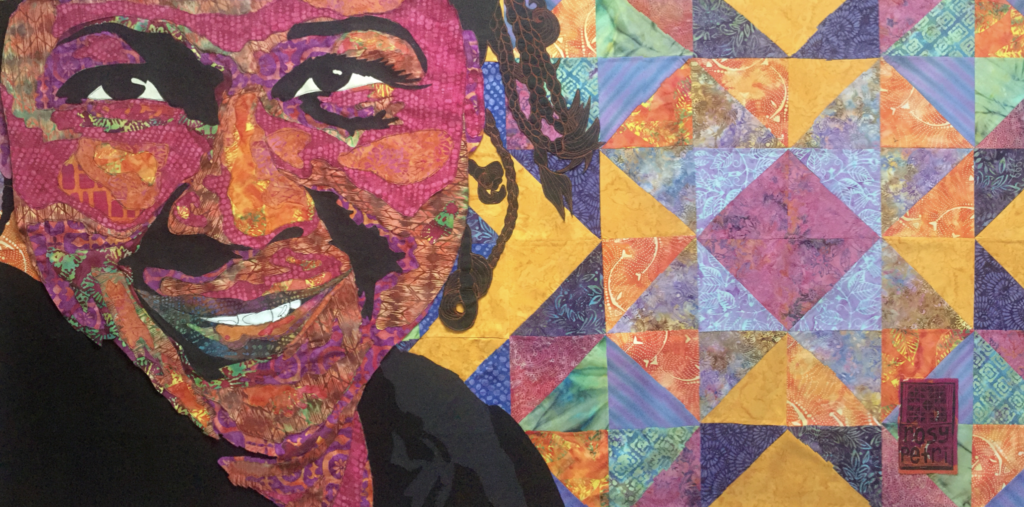
“The function of art is to do more than tell it like it is—it’s to imagine what is possible.”
—bell hooks
Outlaw Culture: Resisting Representations (2012)
In this commissioned piece, Milwaukee-based artist Rosy Petri captures bell hooks’ teachings that art is a form of resistance.
Our programming
“The intentional programming from queer, brown and Appalachian people has spoken in many ways to students’ experiences. Some gender non-conforming students don’t even have a safe place in their own home. I believe that we are honoring John G. Fee’s radical history of inclusion.”
—Dr. Linda Strong-Leek, first African American provost, first Vice President for Diversity and Inclusion, and former Professor of Women’s and Gender Studies
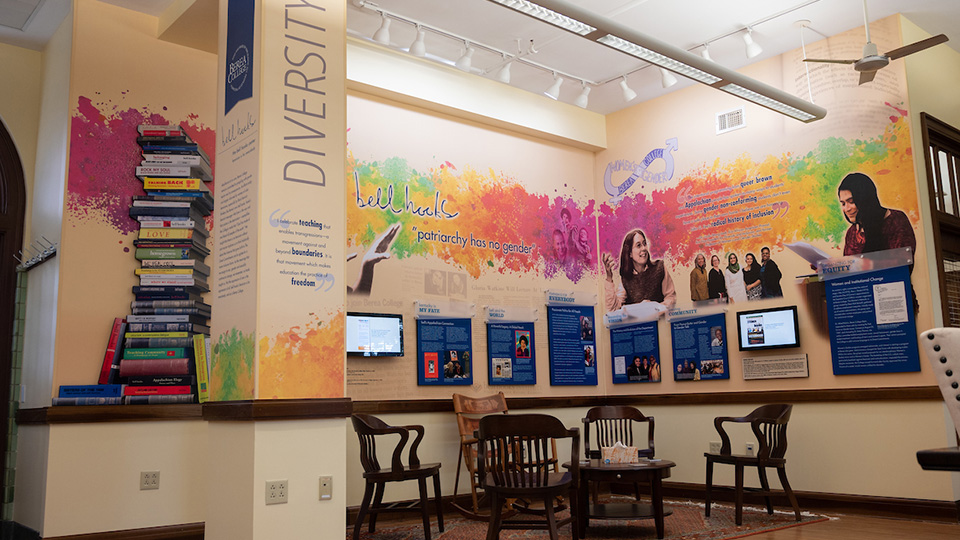
Launch Event
On Wednesday, September 22, 2021, the bell hooks center formally launched with opening remarks followed by a Gender Talk featuring black feminist icon Beverly Guy-Sheftall.
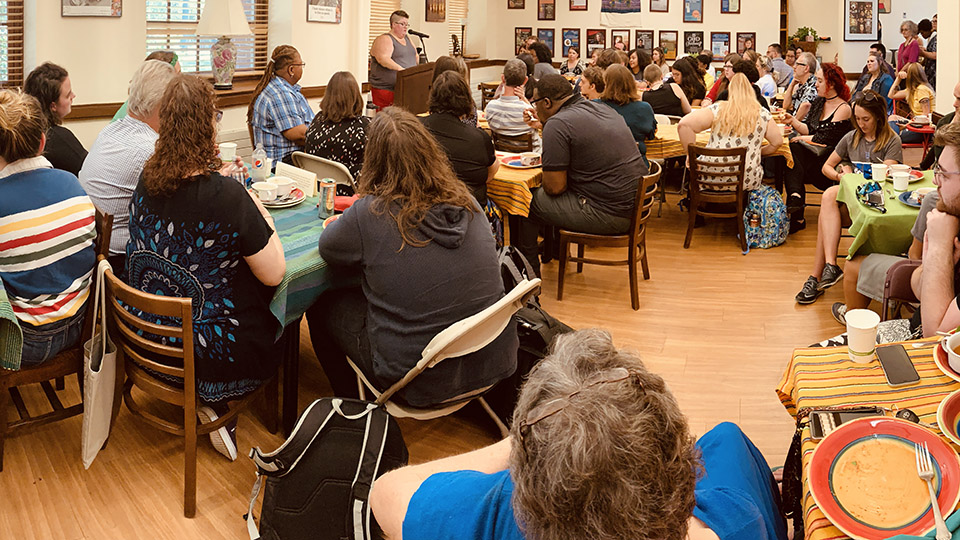
Gender Talk
Gender Talk is a regular luncheon speaker series focusing on issues of sex, gender, sexuality, race/ism and their many and varied intersections. Distinguished scholars visit campus throughout the year.
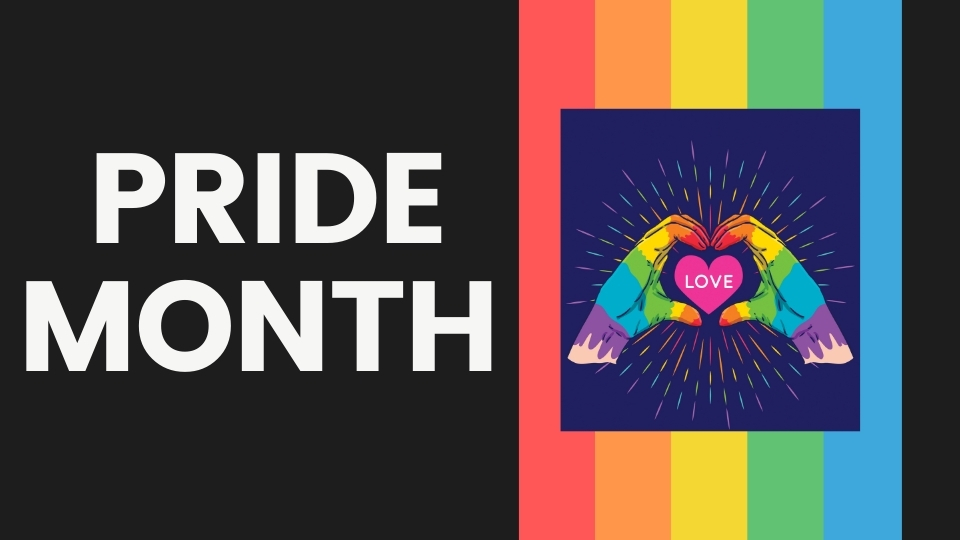
PRIDE
The bell hooks center recognizes PRIDE during the month of October, offering a series of speakers, workshops and other programming.
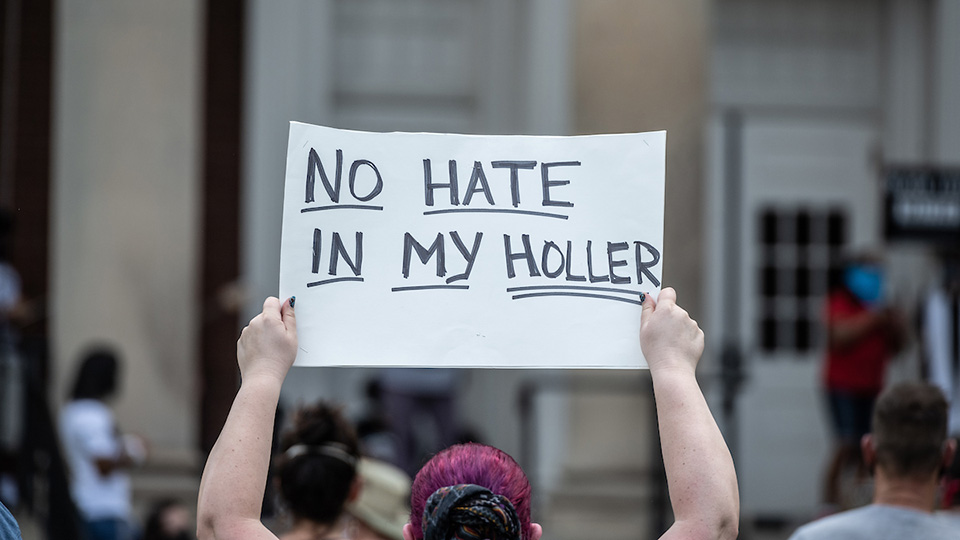
Student Activist Series
A series of conversations with social justice activist students held on campus.
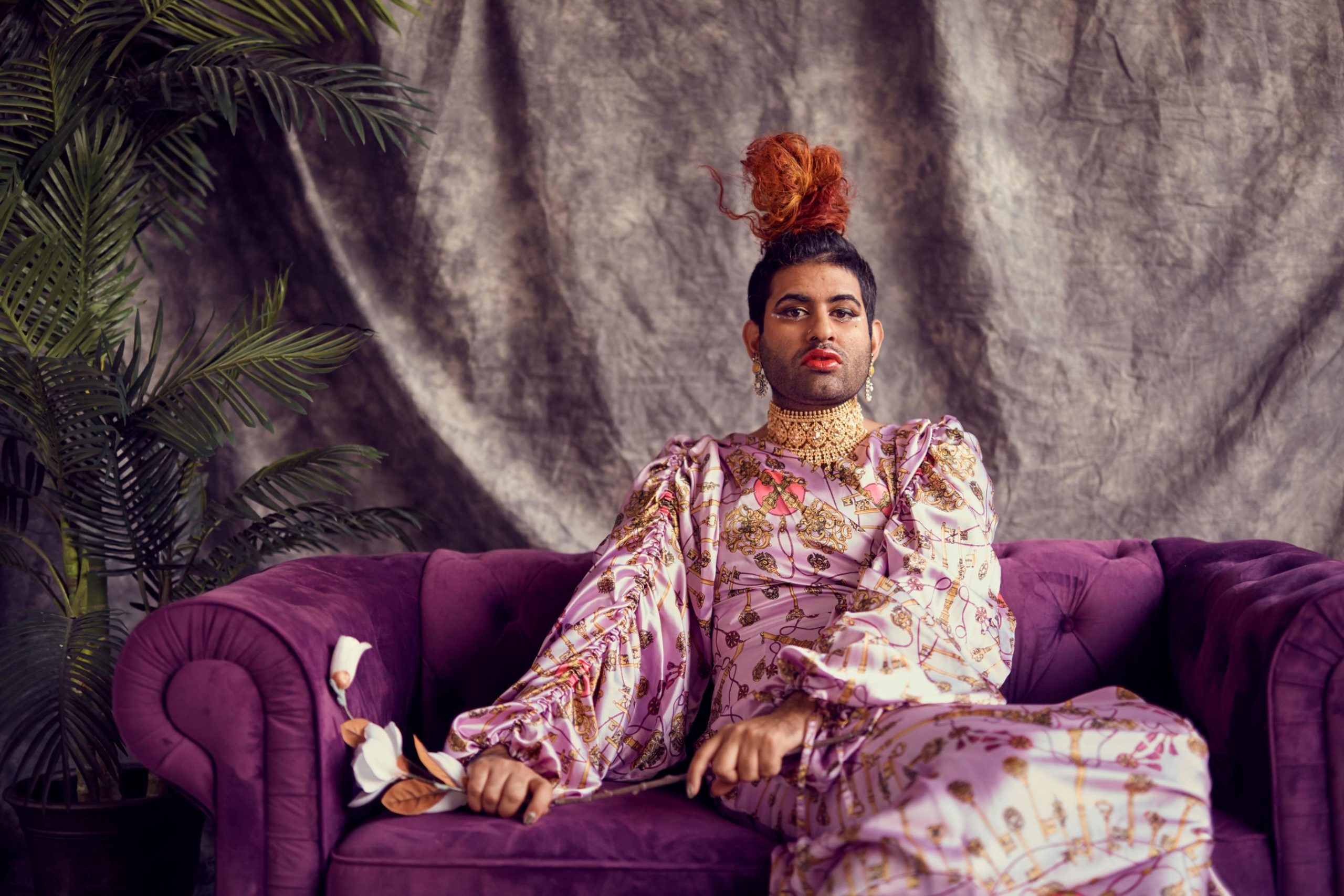
Convocations
bhc-sponsored Convocations augment the study of women, gender, and sexuality on campus and advance the College’s commitments to gender equity.
As faculty, staff, students, and stakeholders affiliated with the bell hooks center at Berea College, we acknowledge that the College and our center are located on the ancestral homelands of the ᏣᎳᎫᏪᏘᏱ/Tsalaguwetiyi/Eastern Band of Cherokee Indians, the ᏣᎳᎩᎠᏍᏕᎵᏍᎩ/Cherokee Nation, the Shawandasse Tula/Shawanwaki/Shawnee Tribe, and the S’atsoyaha/Yuchi. We recognize that their material and spiritual relationships with these lands and waterways precede ours, and that their survivance has persisted amidst continued removal. The violent erasure of their languages and stories rewrites the narratives that we tell ourselves to keep these lands and waterways conveniently open to settler use and enjoyment, and this only serves to perpetuate the oppression of Indigenous peoples and communities.
Following bell hooks’s demand for a “feminist movement” that is “fundamentally anti-racist,” our programming aims to disrupt settler fantasies about Indigenous removal by supporting Indigenous artists, activists, and scholars, offering them a platform for their radical interventions, and compensating them equitably for their time and expertise.
We invite you to trouble settler systems of domination with us and to hold us accountable. The work of decolonization is a communal one.